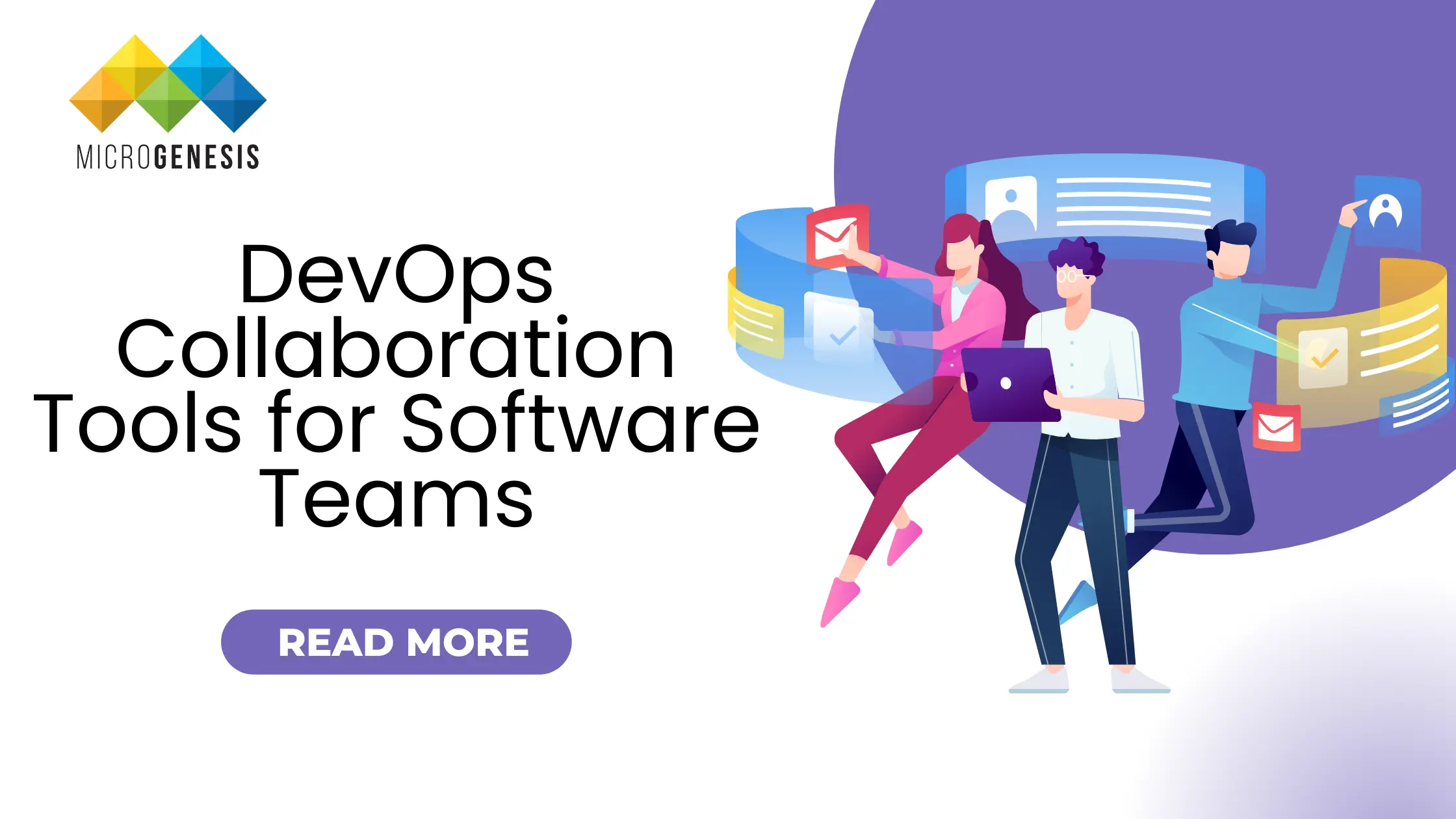Remember when communication channels were a mess, information was siloed, and keeping everyone on the same page felt impossible? Those were the hard days.
Now, DevOps is here to simplify it all and save the day!
Remember the days when endless communication channels, siloed information, and a struggle to stay on the same page made DevOps feel like wrangling a three-headed communication monster? Yeah, those were the dark ages.
Enter DevOps, the superhero of software development!
DevOps tools help by making things run smoothly in stages, like gathering requirements, coding, testing, and deployment.
Today, we’ll dive deeper into these communication lifesavers, exploring their specific advantages and how they can empower your DevOps team. These DevOps collaboration tools help teams talk things through and work together seamlessly, no matter if they’re down the hall or across the globe. For expert guidance on integrating these tools effectively, consult with a leading DevOps consulting firm.
10 Effective DevOps Collaboration Tools
1. Rational DOORS Next Generation (DNG)
A really effective DevOps collaboration tool is Rational DNG, which is like a communication quarterback for your team.
DNG goes beyond just being a requirements management tool; it actively optimises DevOps collaboration and verification throughout the entire process. It streamlines requirement creation, fosters seamless collaboration (even with remote teams), and simplifies compliance.
No more ambiguity, last-minute scrambling, or clunky tools – just clear communication and boosted efficiency for all development methodologies.
2. Rational Team Concert (RTC)
This IBM offering manages tasks, projects, statuses, and collaborative change management. Its flexibility allows organisations to tailor it to their specific release cycles and dependencies.
When combined with other IBM Rational tools like DNG, it creates a complete Collaborative Lifecycle Management solution (available on-premise or cloud).
Learn more about DevOps here – DevOps Best Practices for Digital Transformation: MicroGenesis Insights
3. Bitbucket Server
Atlassian’s Bitbucket Server is a combo of a GIT server and a web interface product. This web-based hosting solution is ideal for projects using Mercurial or GIT version control systems.
It’s specifically developed for professional teams, enabling users to code, manage, and collaborate on GIT projects.
4. Pivotal Tracker
Forget complex interfaces with this Software-as-a-Service (SaaS) product. It focuses on Agile Project Management and Collaboration.
Pivotal Tracker is a user-friendly, story-based Project Management application perfect for Agile projects for software development teams working together. But it isn’t just about stories; it empowers you to prioritise them effectively.
5. Atlassian Confluence
Confluence is a content and team collaboration software that works by breaking down information silos. It allows your team to create, share, and collaborate on projects effortlessly.
No more document chaos! Confluence keeps your team information organised and easily searchable.
It allows you to create, share, and collaborate on projects, easily publish and organise company information, and even share knowledge among colleagues.
6. Atlassian JIRA
JIRA, another Atlassian offering, tackles task management head-on. It’s a powerful DevOps collaboration tool designed to capture, assign, and prioritise tasks with focus. It eliminates ambiguity and lets you capture tasks clearly, assign them to the right team members, and prioritise effectively.
7. Micro Focus Project and Portfolio Management
This solution provides critical project information to executives, helping them make real-time decisions. It offers robust Work Breakdown Structures (WBS) and integrates with leading agile tools like ALM Octane and Agile Manager. Its flexible workflow allows for process automation throughout the project lifecycle.
8. Microsoft Teams
This chat-based workspace for Office 365 helps colleagues stay connected, build collaboration, and maintain project history. It offers private group and channel-based conversations, real-time communication, and a customisable workspace. Teams also integrate seamlessly with Office 365 and Skype.
9. Slack
For quick updates, casual discussions, and a touch of team camaraderie, there’s Slack. It is a popular collaboration tool with a “freemium” model.
Now, you can organise communication with channels dedicated to specific topics or projects. This is ideal for quick and real-time messaging; larger teams across geographical locations can communicate and stay on the same page.
10. Basecamp
Basecamp is a project management tool that also features a chat tool called Campfire and a threaded chat message board.
It offers to-do lists and calendar functions, all woven into a single collaboration platform. While there’s no freemium model, a free trial is available.
Wrapping up
These tools are your secret weapons for collaboration in Azure DevOps (or any other platform). From Dev QA collaboration tools like DNG to communication hubs like Teams and Slack, the right arsenal can transform your team into a well-oiled machine.
Successful collaboration in DevOps isn’t just about having the right tools but a culture of open communication and shared responsibility.
By equipping your team with the resources they need, including top managed service providers and comprehensive DevOps solutions, you can easily tap into the true potential of your DevOps practice and achieve continuous delivery success.
Looking to empower your team with DevOps and make the best of it? Reach out to us at MicroGenesis to schedule a call!











